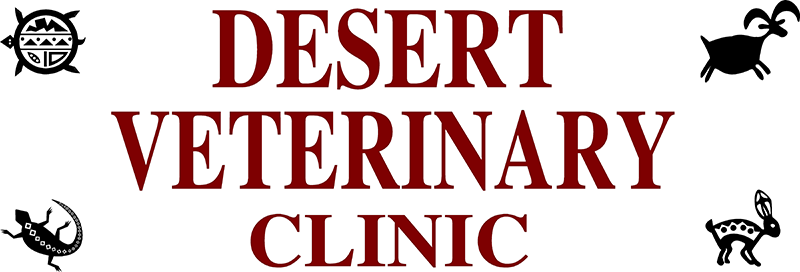Six Strategies to Provide Your Pet with Optimal Post-Surgery Care
An orthopedic procedure can be a daunting experience for your furry friend, often disrupting their daily routine long after they return home. For pet parents looking to aid in the recovery process and get their pup back on four paws quicker, here are some helpful tips that will make post-operative care easier.
#1: Restrict your pet’s activity
Even though your pet may soon be feeling fit enough to frolic and gambol, you must manage their energy levels post-operation. Ensure that they are leashed when outdoors, return home quickly after a restroom break, and remain in their kennel or bedroom to avoid too much activity. This way, they can rest peacefully while recovering from surgery!
#2: Assist your pet in walking
To ensure their safety and health, your furry friend may need assistance with standing, lying down, walking or posturing to go potty. Invest in a sling or other form of mobility device that will assist them through these necessary tasks and protect them from potential harm.
#3: Monitor the incision site
Make sure to inspect your pet’s incision site multiple times daily for swelling, redness, or any type of discharge. Keep the spot sanitary and dry at all times in order to follow your veterinarian’s instructions effectively.
#4: Apply heat and ice packs
Heat and ice therapy are two of the most reliable treatments to minimize swelling, alleviate pain, and enhance circulation for faster healing. It is usually recommended that you apply ice on the affected area within the first 72 hours after an operation, followed by heat therapy. For added safety measures, always place a towel between your pet’s skin and either type of pack before usage to protect them from potential harm; do not use without consulting with your vet beforehand.
#5: Administer medication
Once your pet has gone through surgery, it is essential to ensure that they are properly medicated in accordance with the instructions provided. Even if you think that your furry friend may be recovering quickly and doesn’t require medication anymore, it’s important to continue administering as directed. If any adverse effects arise, such as vomiting, diarrhea, loss of appetite, or excessive drowsiness, make sure to contact your veterinarian right away.
#6: Employ rehabilitative therapies
After orthopedic surgery, your pet may find a world of advantages from postoperative rehabilitation. To help them recover more quickly and rebuild their strength and mobility, consider the following rehabilitative therapies:
- Laser therapy
- Hydrotherapy (i.e., underwater treadmill)
- Therapeutic massage
- Passive range-of-motion exercises
- Therapeutic ultrasound
- Acupuncture
- Chiropractic care
